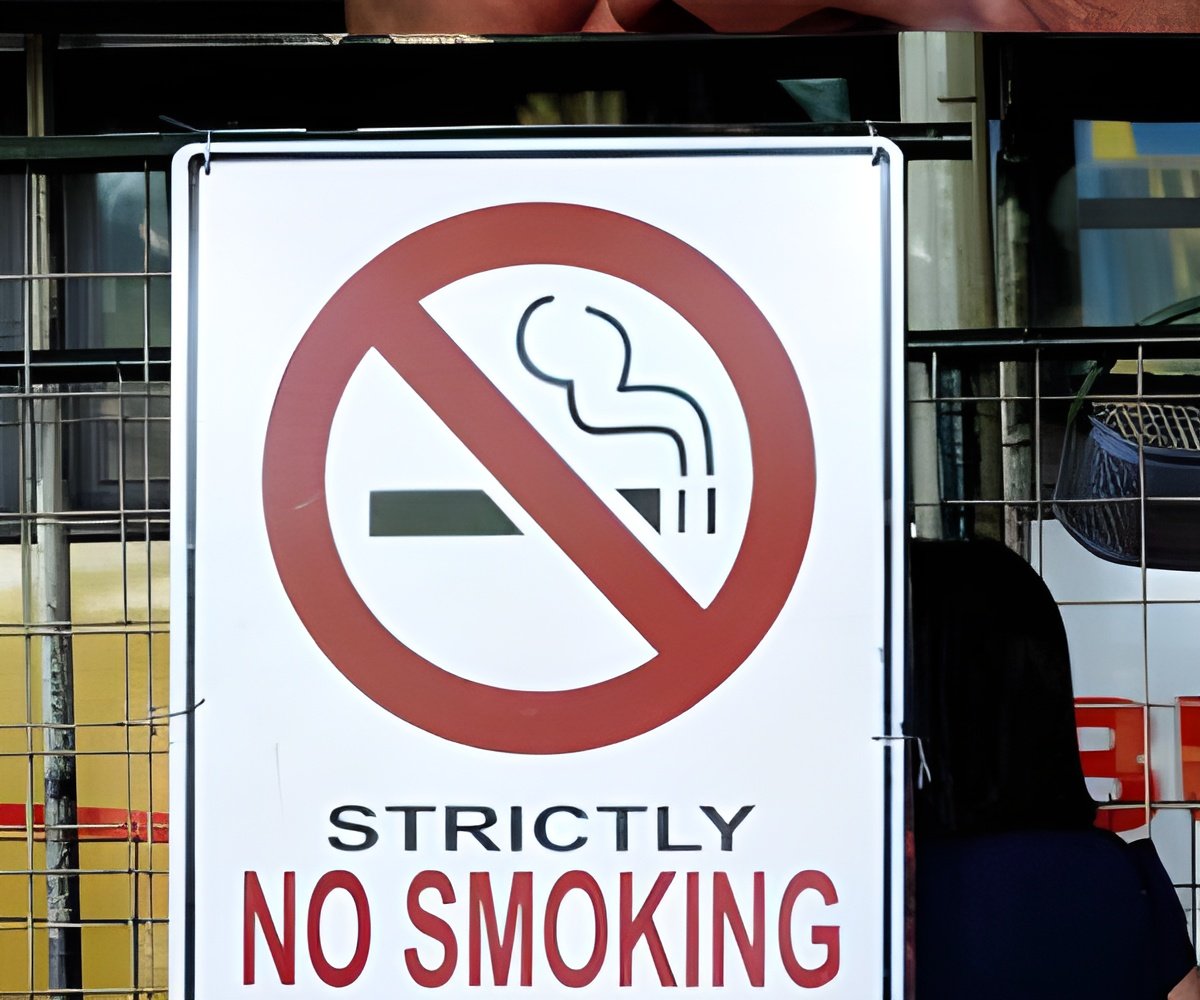Smoking during pregnancy is substantially more prevalent than prenatal use of alcohol or illicit drugs.

‘Six-month-old infants with prenatal tobacco exposure had less focused attention, lowered reactivity to basic sensory stimulation, and more distractibility compared to nonexposed infants.’





According to a report issued by the Centers for Disease Control and Prevention, smoking during pregnancy is common across the US, with as many as 8 percent of women having smoked at some point during pregnancy. Executive functioning includes a higher level of cognitive organization and management processes that are important for success both in school and in daily life. These skills are learned throughout childhood and include how to self-manage behavior and how best to organize and act on information. The study included teachers filling out a Behavior Rating Inventory of Executive Functioning - Teacher Form (BRIEF-TF) once a year for the sample of students involved in the study. The teachers were not aware of the study aims, but were knowledgeable about the students. The students involved were 51 percent male and 89 percent African American and went to school in an urban community. Teachers filled out at least one BRIEF-TF for 131 adolescents, and the study controlled for demographics, substance exposures other than tobacco, early childhood exposure to lead and exposure to violence.
The findings show that only tobacco was associated with less optimal executive functioning in the classroom for the students, particularly impacting their ability to regulate their behavior.
"Because tobacco is one of the most common substances used during pregnancy - and it's legal for adults to use - these results indicate the tremendous importance of bolstering efforts to ensure that women of child-bearing age and pregnant women have increased access to evidence-based tobacco smoking cessation programs," said Ruth Rose-Jacobs, ScD, MS, from Boston Medical Center and Boston University School of Medicine who served as the study's first author. "Given that as few as ten cigarettes can have a negative impact, it is imperative that we act on this and provide as much access and education as we can to help prevent these negative outcomes."
Source-Eurekalert













